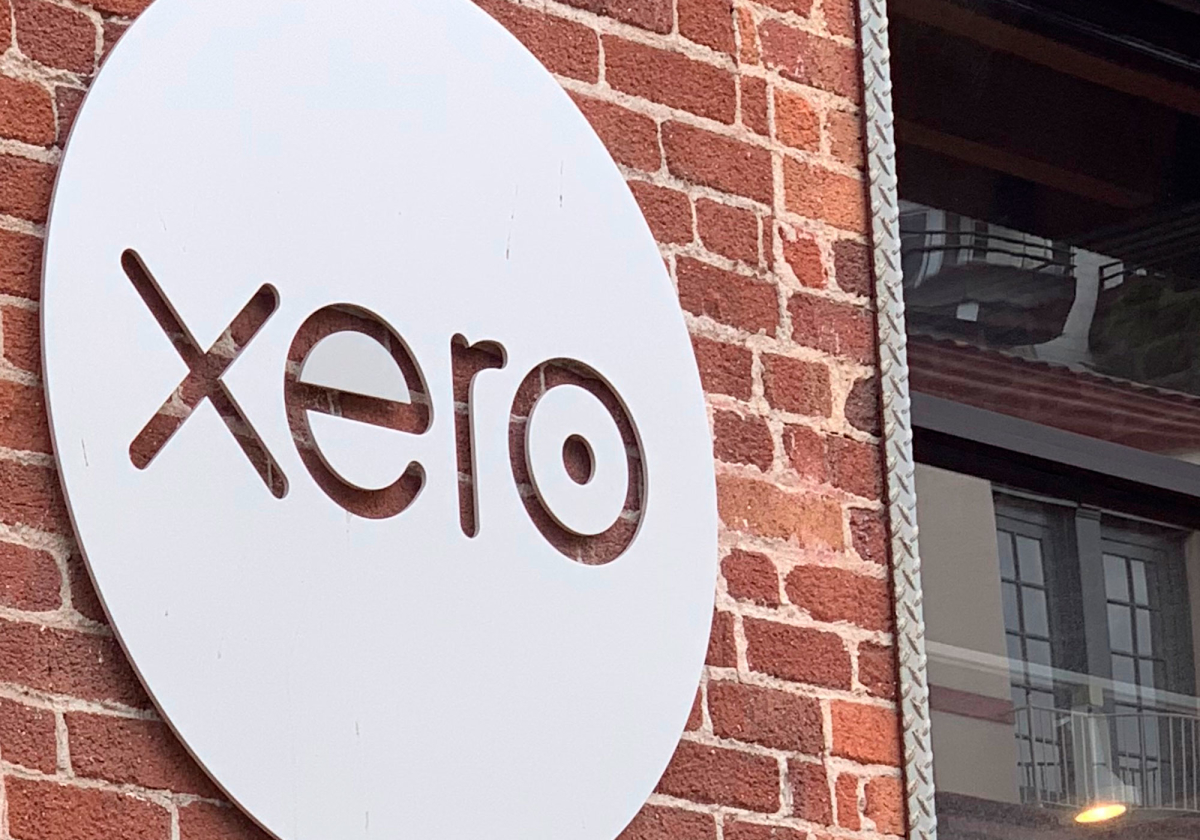As Warren Buffet said, “The single most important decision in evaluating a business is pricing power. If you’ve got the power to raise prices without losing business to a competitor, you’ve got a very good business”.
Pricing power comes in several forms – the purest form is the one Warren describes above. But it could be more nuanced, for example, when a competitor has been trying to take market share by deeply discounting its prices but later has had to raise its prices materially to remain economically viable.
Xero is a business with that type of pricing power and that was demonstrated recently when Xero’s major competitor in the UK (and globally), Intuit, raised prices 8-33% for its range of Quickbooks Online products in the UK.
So where exactly are we in the Xero journey and how is it managing to still grow so rapidly?
Xero was the pioneer of cloud-based accounting solutions and has disrupted conventional desktop solutions since its launch in NZ in 2007. XRO now has over 1.6 million subscribers, and is the market leading provider of cloud based accounting software for small-to medium businesses (SMB’s) and their accountants in NZ, Australia and the UK, with growing presences in the North America and other markets such as Southeast Asia and South Africa.
The potential market opportunity for Xero remains huge and the migration to cloud-accounting continues to gain momentum. We think total penetration of the total addressable market by all cloud based accounting players is less than 20% in the UK, the US and Canada (all key growth markets for XRO). We think global penetration outside of these growth markets and Xero’s home markets of Australia and NZ is less than 5%, indicating a very long growth runway ahead.
Importantly, Xero is not just a cloud accounting software provider – it has expanded to become a small business platform with an ecosystem of more than 700 connected apps. In Xero’s own language, its mission is to rewire the global economy, connecting millions of businesses to their advisors, banks and each other. Xero’s MOAT is driven by powerful network effects and is increasing in strength given its ever expanding web of global financial data. As an example, 10 years ago a local Whangarei accountant who was advising the local Whangarei plumber on appropriate cash levels and the optimal level of pipe and fittings inventory might have only had a sample set of one! Meaning that the accountant could not possibly provide a great deal of insight into how the plumber could improve his or her business.
Today there are tens of thousands of plumbers on the Xero platform and Xero itself can advise the Whangarei plumber what the top 10% of plumbers globally have for cash levels and pipe and fittings inventory.
And importantly, every time another plumber starts using the Xero platform, the power of the platform for that original Whangarei plumber increases as he or she gets a bigger sample set to benchmark against.
This creates a self-reinforcing flywheel effect and makes it nearly impossible for a new entrant to build a software product good enough to compete with Xero.
When we think about a MOAT for a company, we are always looking for litmus tests of that MOAT. And one of the most obvious litmus tests of a MOAT is pricing power. When your competitor raises prices by many multiples of inflation, that can only mean good things for the competitive environment and the width of the MOAT.

